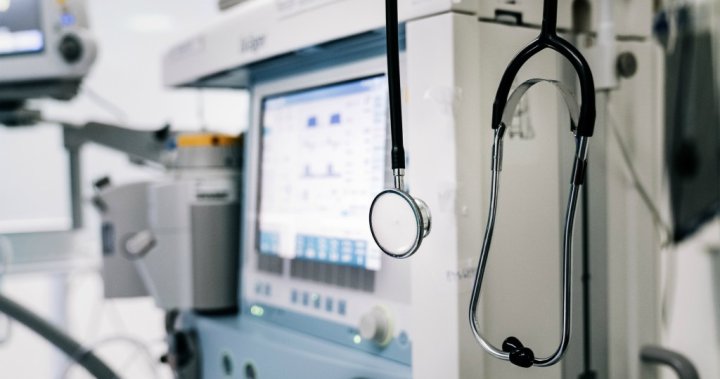
Replacing ‘horrible beeps’ in hospitals can improve patient, clinician experience: McMaster researcher
Global News
'What we're doing is just tweaking the sounds that they can convey just as much or maybe even more useful information, but they don't sound so awful.'
Between the beeping of medical devices, opening and closing of doors, ringing of telephones, rolling of meal carts and constant calls on loudspeakers, hospitals are anything but quiet.
“It’s a cacophonous amount of noise,” said Dr. Joseph Schlesinger, an associate professor of anesthesiology at Vanderbilt University in Nashville, Tenn. “The alarms are loud, they’re annoying. They don’t tell us what’s wrong.”
Schlesinger is the co-author of a new study out of McMaster University in Hamilton suggesting changing the sounds of medical devices can improve the quality of health-care delivery.
“We get desensitized, we get burnt out from it, and then the patients, it interrupts their sleep, they get stressed hearing alarms. Sleep deprivation can lead to ICU delirium and long-term cognitive impairment. So you have these really deleterious outcomes both for patients, families and clinicians,” he said.
In the study, published in the British Journal of Anesthesia, researchers compared standard flat beeps with alarm tones that mimic musical notes.
“Medical devices in hospitals make sounds to communicate with doctors and tell them important information about patients. Unfortunately, for historical reasons, they’ve chosen to use really, really terrible sounds. And so ICUs and operating rooms all over the world are flooded with these horrible beeps and boops,” said Michael Schutz, the study’s co-author and professor of music cognition and percussion at McMaster.
“What we’re doing is just tweaking the sounds that they can convey just as much or maybe even more useful information, but they don’t sound so awful.”
Schutz referred to data released by the U.S. Food and Drug Administration indicating that issues with hospital alarms in the United States had contributed to more than 500 deaths between 2005 and 2008.












